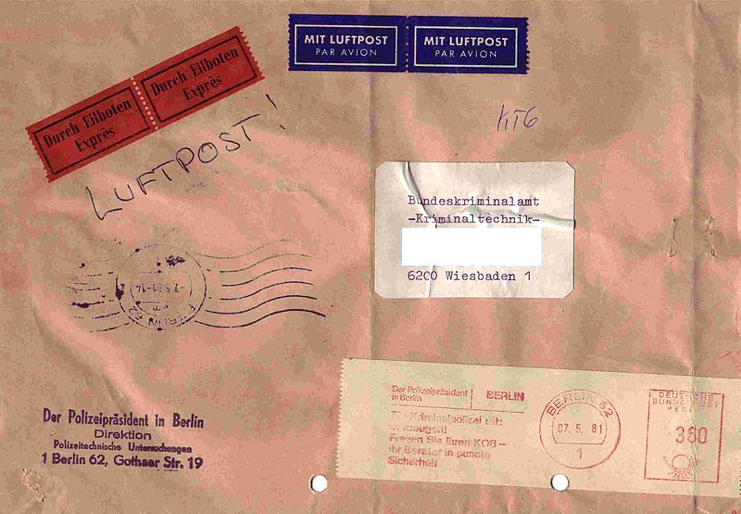
Panama Papers
Panama Papers – GLJ Coverage of Corruption and Tax Havens
The German Law Journal almost seems to have anticipated the Panama Papers Controversy. Our first issue of the year featured an impressive set of contributions on ethics and corruption (Volume 17, No. 1 – 2016). Our interest in reporting on these issues is not new. A decade ago we published Martin Keller’s commentary on Germany’s amnesty for tax-cheats. Keller provided a useful survey of the history and legal doctrine surrounding the issue of tax evasion, punishment, and redemption. These problems also featured prominently in contributions to our recent special issue Regeneration Europe (Volume 14, No. 5 – 2013). In his article in that collection, Augustín José Menéndez argued that tax havens contribute to the “Existential Crisis of the European Union” because they are evidence of “the decline in the cognitive basis of tax and regulation activities.” Menéndez noted the structural fiscal weakness plaguing the EU and its Member States as a result of the financial sector’s ability “to make use of transnational investment opportunities to avoid paying taxes…” Floris de Witte contributed to the Regeneration Europe special issue with an article entitled “EU law, Politics, and the Social Question.” He mentioned tax havens as evidence of policy-makers’ internalization of the implications of globalization. Some years earlier, Augustín José Menéndez published a review of Danny Nicols’ book The Constitutional Protection of Capitalism (Hart 2010) in which he examined Nicols’ treatment of London City’s neo-liberalism as a cause of the emergence of tax havens in the British West Indies. Menéndez approved of Nicols’ conclusion that deregulation of the financial sector in London had created the conditions that undermined effective capital controls in the European Union’s Member States.







